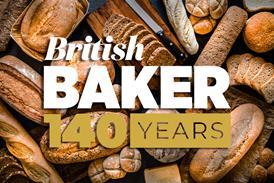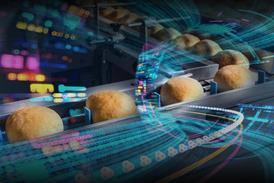VE Day: The role of bakery in Britain during wartime

Food historian Seren Charrington-Hollins, who is working with Dawn Foods in its 100th birthday year, looks at the important role of the baker and baked goods in the 1940s.
To continue reading, register for free
You are what you read, registration is quick, easy and free. Just click register now and you’ll be finished faster than it takes you to butter a crumpet!
Don’t miss out:
- Unlimited access to content
- Regular newsletters to your inbox
- Save articles to read later on
- A more personalised experience
Already registered? Please log-in here


















